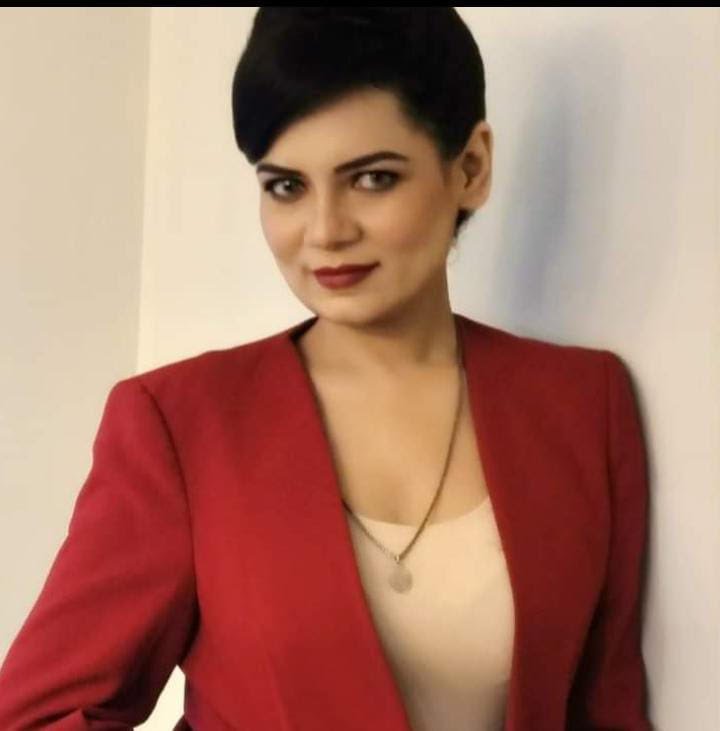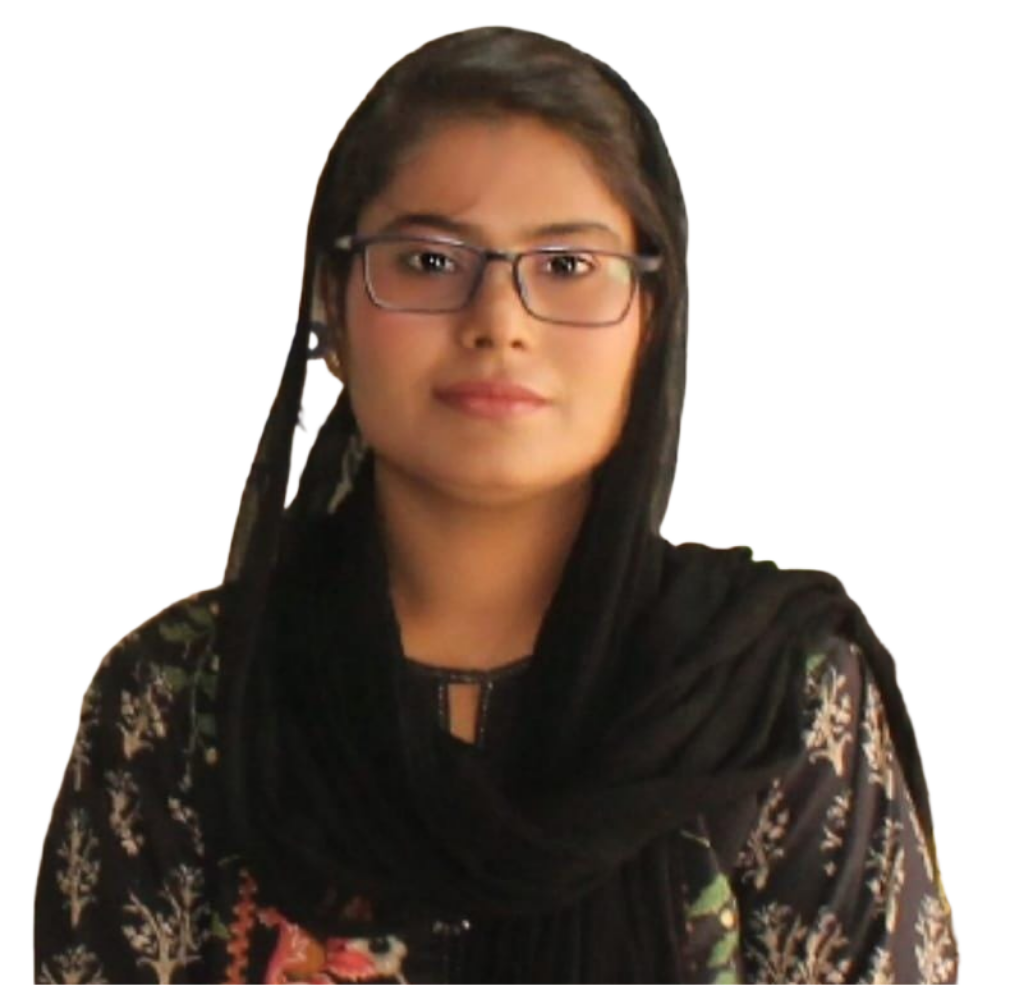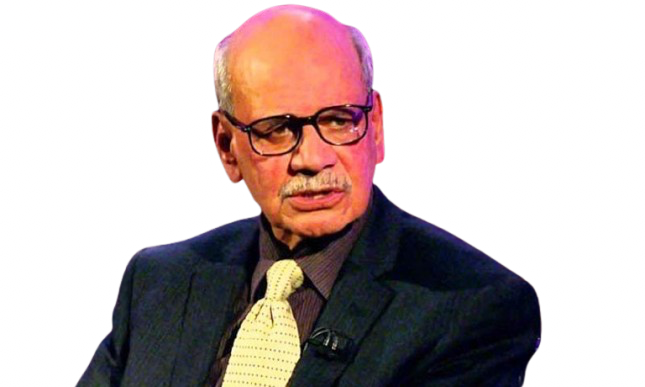
The country has the highest rate of breast cancer in Asia: NIH
October is the month dedicated to breast cancer awareness — a campaign that began in 1985. Initially thought to be a “female-only” disease, new research and reported cases have confirmed that, although it affects women more than men, both genders can be diagnosed with this deadly condition. As more data emerged, it became clear that greater awareness was needed about what could be described as an “epidemic” of cancers.
Anyone who hears the diagnosis of “cancer” feels the full weight of the disease. Beyond the physical impact, there is psychological trauma — rarely discussed but deeply real. Then begins the long process of treatment, follow-ups, and the persistent fear that lingers in the back of the mind: Will it return? These are tangible realities for anyone receiving such a diagnosis.
For women, there is an additional dimension. In many cases, they need to have their mammary organs surgically removed, adding another layer of trauma. The removal of an organ associated with nurturing life, and the fear of losing femininity after surgery, are deeply personal struggles. A breast cancer patient is not merely a number in a sea of statistics — she is a person battling a deadly disease while, in many ways, losing a part of her identity and what society deems an integral part of “womanhood.”
The physical effects are only part of the story. Chemotherapy and follow-up medication often stop ovulation, bringing on early menopause regardless of age. A young, healthy woman diagnosed with this disease must face all of this while being expected to “smile through her pain.” Breast cancer doesn’t just affect one organ; it impacts the very identity of the individual.
Statistically speaking, it is the most common cancer globally, according to the WHO. In Pakistan, the situation is dire. According to the National Cancer Registry (Health Research Institute, NIH), there are around 148,000 new cancer cases every year and nearly 100,000 deaths — a deeply alarming situation.
Shumaila, a teacher by profession, has been working at DHA Karachi’s SKBZ Campus since 1997. A happily married woman with a son, her life changed last year during a breast cancer awareness seminar organized by DHA Karachi Clinics. Encouraged by the doctor conducting the session, she volunteered for a screening — and was in for the shock of her life. The doctor discovered something suspicious and advised a mammogram, followed by a biopsy. Her worst fears were confirmed: she had a malignant growth.
“I recall feeling totally numb after I heard the news. It took me days to process what I had heard. My husband insisted I begin treatment immediately, but there was a disconnect between my mind and body,” Shumaila recalls. Despite undergoing difficult treatments, her resolve remained strong. “I would go to school to teach — that was the only way I could cope. When your environment is good, you want to step out of the gloom and doom that your mind puts you through.”
Her struggle continues. She was recently advised to undergo a mastectomy, which she has since had. She remains firm in her belief and continues to smile despite her struggles, appreciative of her husband’s unwavering support. “You know, it makes you stronger as a person, knowing that you have someone who cares about you.”
The mental toll this disease takes on an individual is indescribable in a few words — it feels as if the ground has been ripped away beneath one’s feet. It changes a person, and not everyone can cope.
Saffia, another patient, underwent a mastectomy, but her personality changed afterward. She became more reckless about her diet and lifestyle — a coping mechanism often triggered by stress. Despite popular belief, breast cancer affects men too, both physically and emotionally. In a society where men are expected to remain strong, they rarely express how traumatized they are — whether they are taking their wife, sister, or mother to the doctor. Their lives are deeply affected as well.
The stress response in men generally manifests as avoidance, which can lead to destructive behaviors or emotional shutdown. Thus, a cancer diagnosis brings a host of challenges — some addressed, others left unseen.
Dr. Asghar Hussain Asghar, Director of the Karachi Institute of Radiotherapy and Nuclear Medicine (KIRAN) under the Pakistan Atomic Energy Commission, explains:
At KIRAN, we provide care to nearly 100,000 cancer patients every year. Alarmingly, about 30% of these are women battling breast cancer. While there is no guaranteed way to prevent the disease, early detection can significantly improve survival rates. That’s why we offer free mammogram screenings, and I strongly urge all women — especially those over 40 — to get screened regularly.”
Dr. Nida Wahid Bashir also advises women to perform self-examinations regularly, pointing out that some women are at a higher risk due to a family history of breast cancer.
Some have a genetic predisposition and are therefore at higher risk of developing the disease. It’s crucial for women to get screened at least ten years before the age their mothers or grandmothers were diagnosed. Early detection saves lives.”
DHA Karachi’s Medical Center recently organized an awareness-raising seminar to sensitize women about this pressing issue. As an organization, DHA Karachi continues to raise awareness through documentaries and social media campaigns, urging women to take early and concrete steps. Early diagnosis not only improves survival rates but also reduces the emotional and financial toll on families.
Other institutions can take a cue from DHA Karachi and play their part in facilitating women battling cancer. It is an emotional, physical, and financial burden — not only on the woman but on her entire family.








